Do Fish Oil Pills Provide Iodine?
Iodine is a micronutrient which is required by your body for the production of thyroid hormones. Nevertheless, if iodine is consumed in excess it will lead to thyroid disorders, such as a hyperactive thyroid. According to Recommended Daily Allowance, 150 mcg per day is needed to keep the normal functioning of thyroid in adults. Sometimes, people with a hypoactive thyroid are prescribed iodine, but it is extremely dangerous to use iodine in the presence of a hyperactive thyroid and without recommendation from a physician. Certain food items, such as seafood and iodized salt, are good sources of iodine. Even though, no health risks related to iodine are caused by fish oil supplements generally but you should always seek the doctor’s advice before taking them.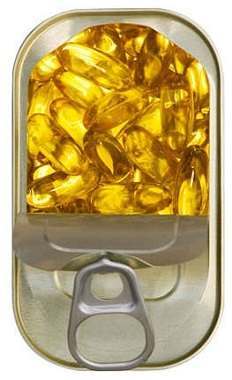
Iodine In Fish Pills
It is a known fact that seafood, such as fish and seaweed etc., is rich in dietary iodine. Therefore, some quantity of iodine might be present in the fish oil supplements. The iodine content in these supplements is processed. The cod fish is very rich in iodine and it contains approximately 99 mcg of iodine in three oz. of fish. That is why, the cod liver oil contains the most amount of iodine compared to other fish oil supplements. Therefore, you should be more careful using the cod liver oil especially if you are allergic to iodine. You can contact the producer to inquire about the iodine content of the fish oil pills you ae using.
Although iodine may be present in the fish oil pills, but its quantity is not very significant. That is why unlike foods rich in iodine and iodine supplements, fish oil is not contraindicated in a hyperactive thyroid or hyperthyroidism. Health authorities do not discourage from the use of fish oil pills in people taking thyroid medication, in people with thyroid disease or iodine allergy. In fact, some authorities advise using fish oil pills in people suffering from hyperthyroidism, because of its anti-inflammatory qualities.
Other Sources Of Iodine
To keep adequate supply of iodine for the normal functioning of thyroid gland or taking increased iodine for a hypoactive thyroid gland, you can use the following food items which are very good sources of iodine.
- Iodized salt: 1 g provides 77 mcg of iodine.
- Cow’s milk: 1 cup supplies 56 mcg of iodine.
- Shrimp: A 3 oz. serving provides 35 mcg of iodine.
- Navy beans: Half cup provides 32 mcg of iodine.
- Seaweed: ¼ oz. of dried up seaweed contains around 4500 mcg of iodine. So, use it in moderation to avoid excess of iodine in your body.

Warning
Iodine content of fish oil is not sufficient to produce any serious thyroid problems. But it is linked to a number of other health risks. If taken by a person suffering from liver disease, it can increase the chances of bleeding, significantly. In people suffering from AIDS or HIV, using fish oil can make their condition worse by affecting the immune system. If you are taking medications for lowering blood pressure, using fish oil can cause a sudden drop in blood pressure. So, be careful and avoid consuming fish oil in these cases.

 Subscribe Now
Subscribe Now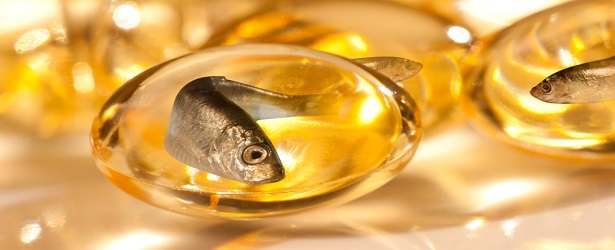

 Hyperthyroidism
Hyperthyroidism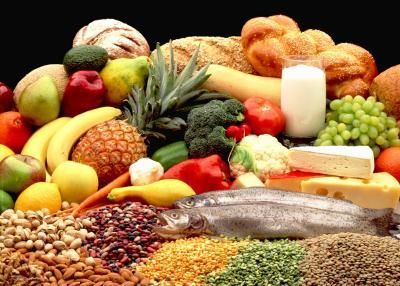 This balance of the thyroid hormones and iodine levels is extremely sensitive and the overzealous treatment for the hypothyroidism can produce the reverse disease, i.e. hyperthyroidism.
This balance of the thyroid hormones and iodine levels is extremely sensitive and the overzealous treatment for the hypothyroidism can produce the reverse disease, i.e. hyperthyroidism.

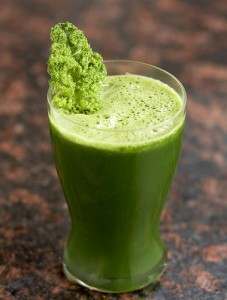 Exact
Exact 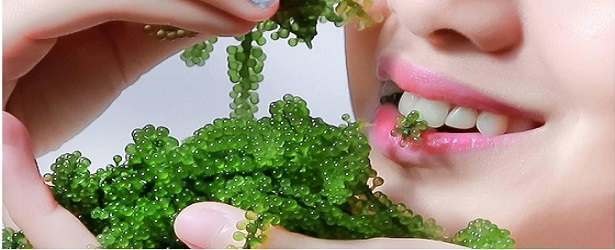
 Thyroid and Iodine
Thyroid and Iodine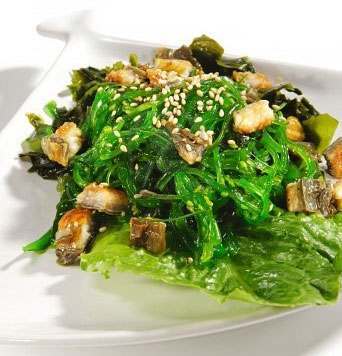 Seaweed is also a great source of selenium. Studies have shown that the selenium is essential for the conversion of thyroxine hormone into threonine hormone. In the absence of selenium, this conversion would not take place and hence no thyroid hormones will be produced. The recommended daily allowance, or the RDA, of selenium and iodine is 55 mcg and 150 mcg per day, respectively.
Seaweed is also a great source of selenium. Studies have shown that the selenium is essential for the conversion of thyroxine hormone into threonine hormone. In the absence of selenium, this conversion would not take place and hence no thyroid hormones will be produced. The recommended daily allowance, or the RDA, of selenium and iodine is 55 mcg and 150 mcg per day, respectively.
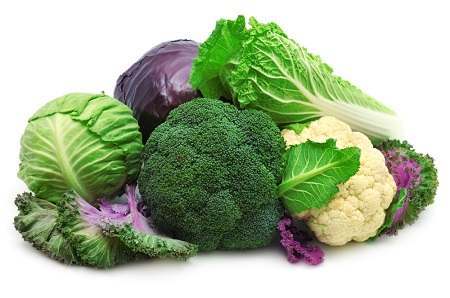 Cruciferous veggies are rich in sulfur containing compounds such as glucosinolates. Byproducts of these compounds, known as isothiocyanates, are produced when glucosinolates are broken down. According to an elaborate research these byproducts, isothiocyanates, can block the uptake and absorption of iodine by our thyroid gland, thus leading to the formation of a goiter. Goiter is essentially caused by the deficiency of iodine and consumption of cruciferous vegetables produces a relative lack of iodine by hindering effects of iodine on the functions of thyroid. Some examples of such vegetables are Brussels sprout, turnips, broccoli, cabbage, bok choy, collards, cauliflower, turnips, kohlrabi, rutabaga,
Cruciferous veggies are rich in sulfur containing compounds such as glucosinolates. Byproducts of these compounds, known as isothiocyanates, are produced when glucosinolates are broken down. According to an elaborate research these byproducts, isothiocyanates, can block the uptake and absorption of iodine by our thyroid gland, thus leading to the formation of a goiter. Goiter is essentially caused by the deficiency of iodine and consumption of cruciferous vegetables produces a relative lack of iodine by hindering effects of iodine on the functions of thyroid. Some examples of such vegetables are Brussels sprout, turnips, broccoli, cabbage, bok choy, collards, cauliflower, turnips, kohlrabi, rutabaga, 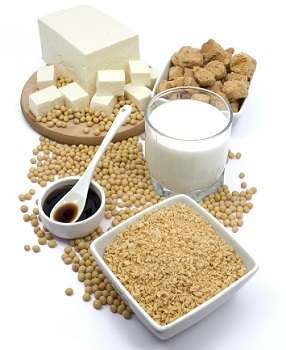 Soy Products
Soy Products